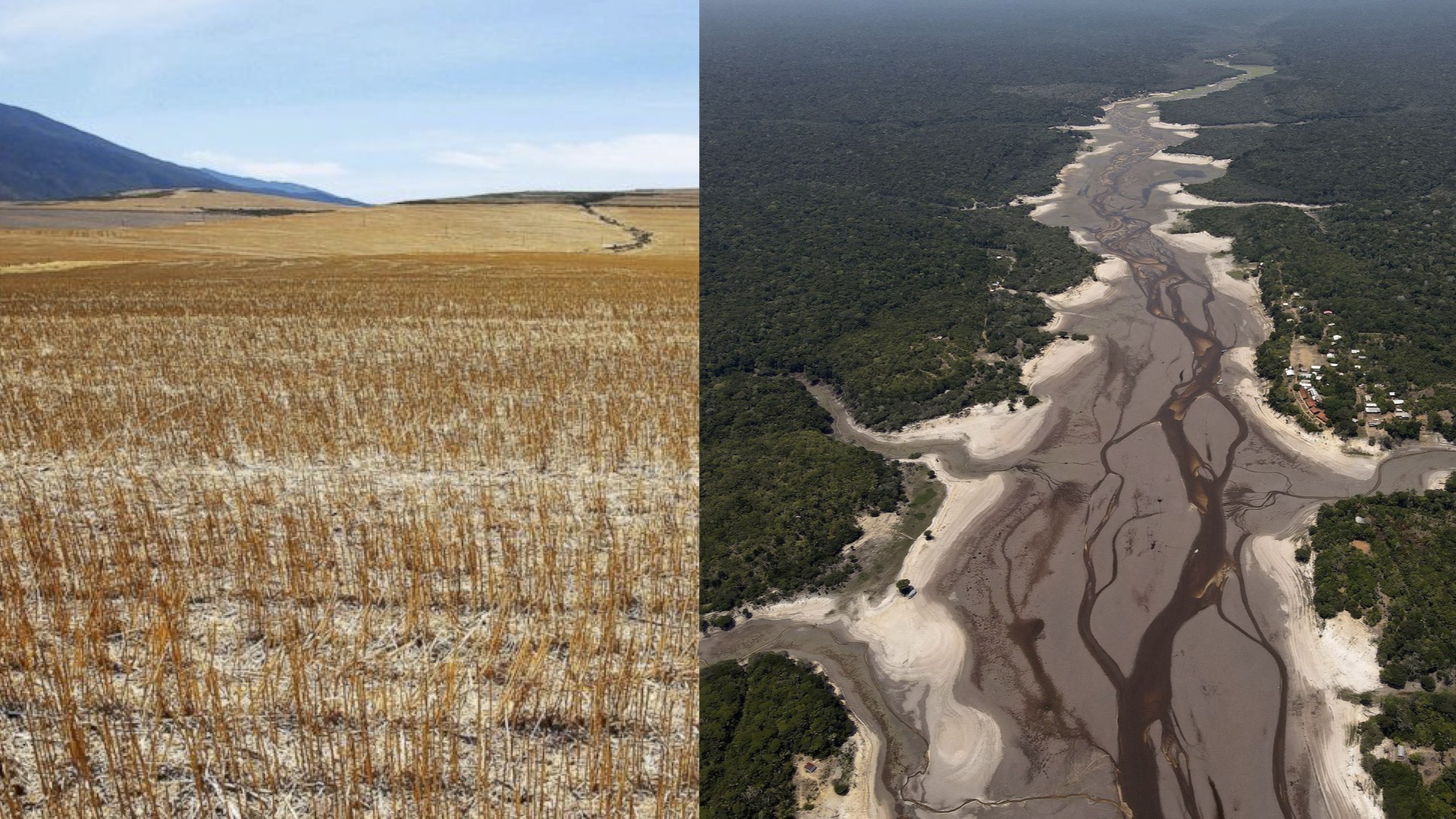Documentation
[TiM Recap] “Everyday Activism in Times of Collapse: Bridging the Personal and the Planetary” – Chris Julien (UU)
by Jenny Chan

In the seminar “Everyday Activism in Times of Collapse: Bridging the Personal and the Planetary”, Chris Julien explicated how theory and practice are interrelated under the current ecological conditions. Through theory and practice, Julien explored our implicated positioning and different ways of engaging with the world. Julien first drew from Markus Missen’s concept of the “crossbench practitioner” (2010) to illustrate that there are multiple ways of articulation, and transgressiveness is required to think beyond individual benefits. Theory, then, can be thought of as part of life and we can start to ecologize all questions.
Secondly, Julien discussed transversality, which addresses the fluid and interconnected logic of intensities across systems. The irreversibility of transversality aligns with quantum physics, and the idea of chaotic, indeterminate movements across scales rather than hierarchical structures. All measuring and descriptive tools, including our bodies, function as chaotic systems. Their descriptions are probabilistic, not deterministic. Julien proposed to engage with systems by creating opportunities and acting probabilistically rather than striving for complete control or critique. This approach encourages a shift from deterministic, closed-off pathways to a more open, probabilistic engagement.
Tying the conversation back to current ecological conditions, Julien highlighted how humanity is breaching the safe boundaries of the Holocene’s stable conditions. The global consensus on limiting warming to 1.5°C has already been exceeded in many ways. We are in a historic moment that calls for reflection on what it means to live and act in an era of systemic collapse. Julien reframed collapse as a dynamic and multifaceted process rather than a simple binary of stability versus disaster. While collapse is often negative, it can also be a constructive process, akin to biochemical cycles. In the process of collapse, environmental commitment and engagement can create opportunities and new pathways.
Julien presented the everyday as a philosophical and pragmatic space where planetary issues can be considered locally and personally. Drawing insights from psychology and social sciences, Julien emphasized that small groups of committed individuals can influence broader societal shifts, and collective action can create visible change. Small, meaningful actions in daily life can create ripple effects, connecting individuals to larger systemic efforts. It is important to be experimental to discover initiatives that generate positive feedback loops and move beyond oppositional strategies. Everyday activism is effective when relational and contextual engagements foster trust and ensure relevance.
In the final part of the seminar, Julien moderated a creative challenge that encouraged the audience to identify the communities they are part of, what those communities mean, and what should change. The algorithm proposed by Julien was “What are you part of? + What should change + Where can you start?”. Julien and the audience exchanged personal activist experiences and discussed how small actions focused on building connection and building dialogue can lead to larger societal shifts.
References
Guattari, Félix. 2000. The Three Ecologies. Bloomsbury Revelations edition. London: Bloomsbury.
Julien, Chris. 2024. Alledaags Activisme : Van Onrust Naar Daadkracht in Het Klimaattijdperk. Amsterdam: Podium.
Miessen, Markus. 2010. The Nightmare of Participation : [Crossbench Praxis as a Mode of Criticality]. New York: Sternberg Press.
